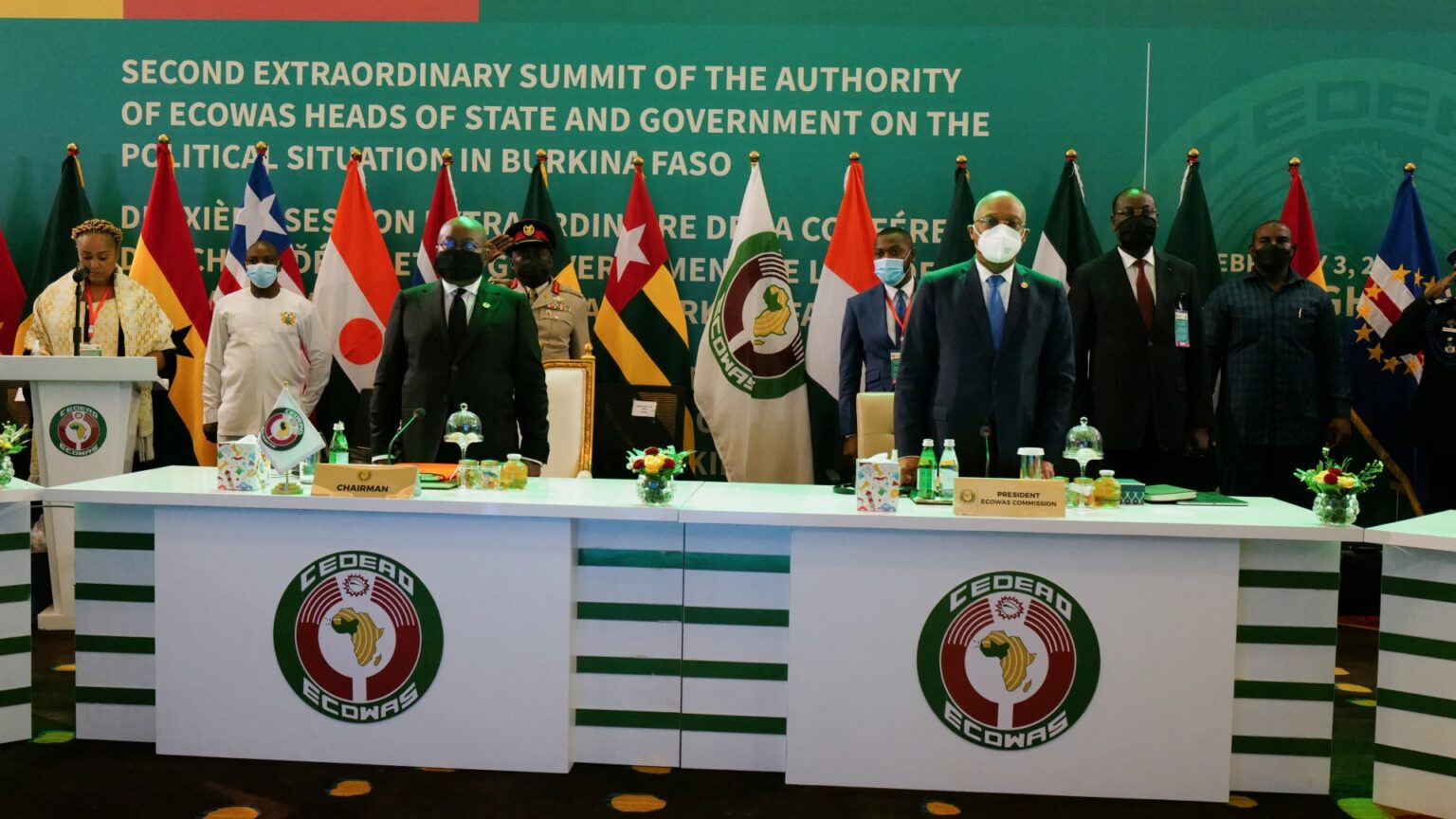The military-led governments of Burkina Faso, Mali, and Niger have collectively declared their immediate exit from the Economic Community of West African States, ECOWAS.
This announcement was made public on Sunday, with the leaders of these three Sahel countries describing their decision to leave the regional body as a “sovereign” act, to be implemented “without delay”.
This decision comes at a time when all three nations are grappling with intense challenges, including jihadist violence and widespread poverty.
Relations between these countries and ECOWAS have been notably strained following a series of military coups – Niger in July of the previous year, Burkina Faso in 2022, and Mali in 2020.
According to reports, the aftermath of these political upheavals saw all three countries being suspended from ECOWAS, with Niger and Mali additionally facing severe sanctions.
These measures, aimed at penalizing the unlawful seizure of power and encouraging a return to democratic governance, seem to have further exacerbated the tensions between the regional bloc and these nations.
The withdrawal of Burkina Faso, Mali, and Niger from ECOWAS is a significant event, signaling potential shifts in regional cooperation, particularly in terms of political and security strategies to counter jihadist insurgencies.
Moreover, the departure raises questions about the economic implications for these countries, as they distance themselves from ECOWAS’s initiatives aimed at promoting economic integration and development in West Africa.
This move underscores a growing trend of resistance to external influence in domestic affairs, particularly regarding governance structures and democratic norms.
The international community and regional analysts are closely watching the evolving situation, as it holds substantial consequences for the stability and cohesion of the West African region.
